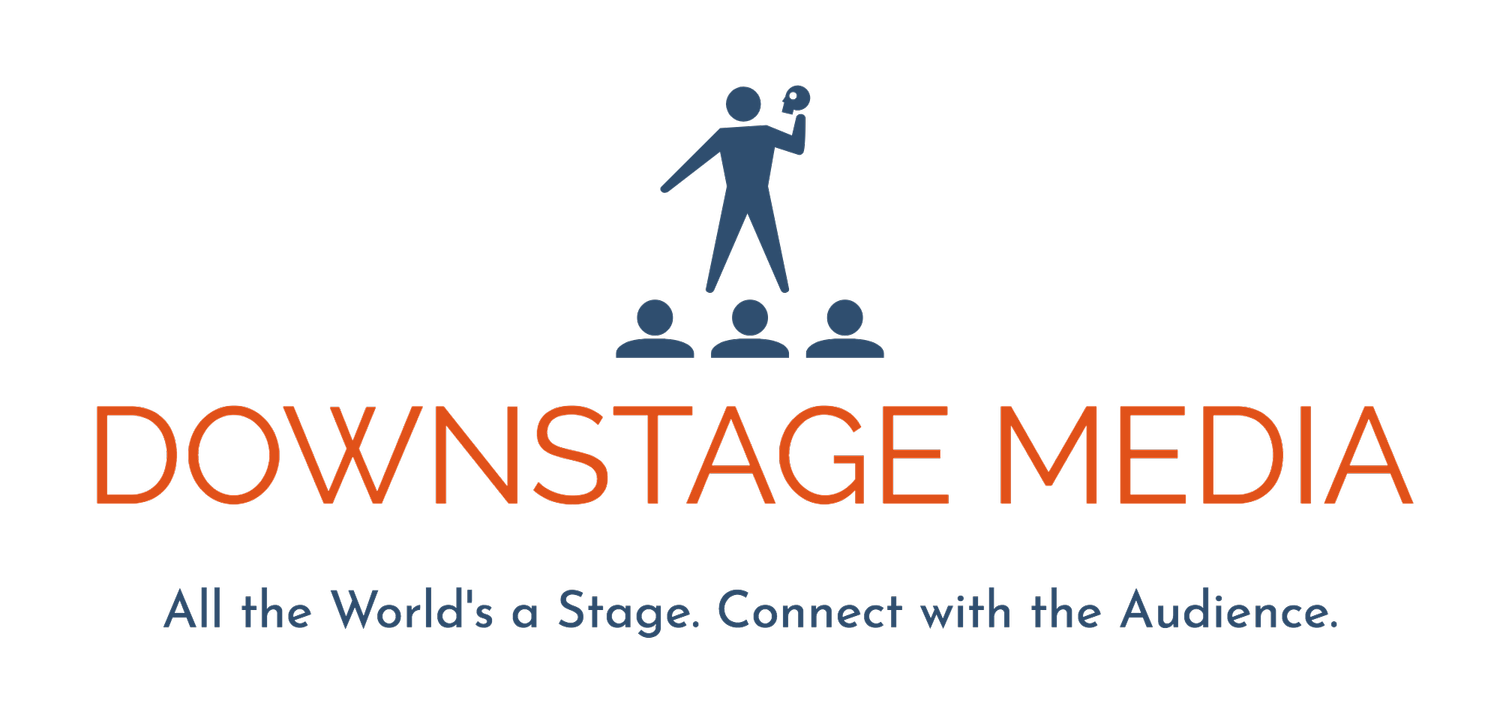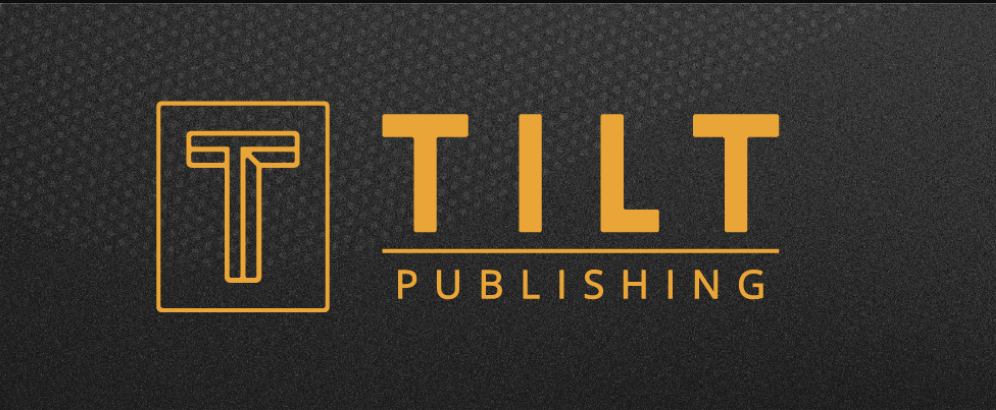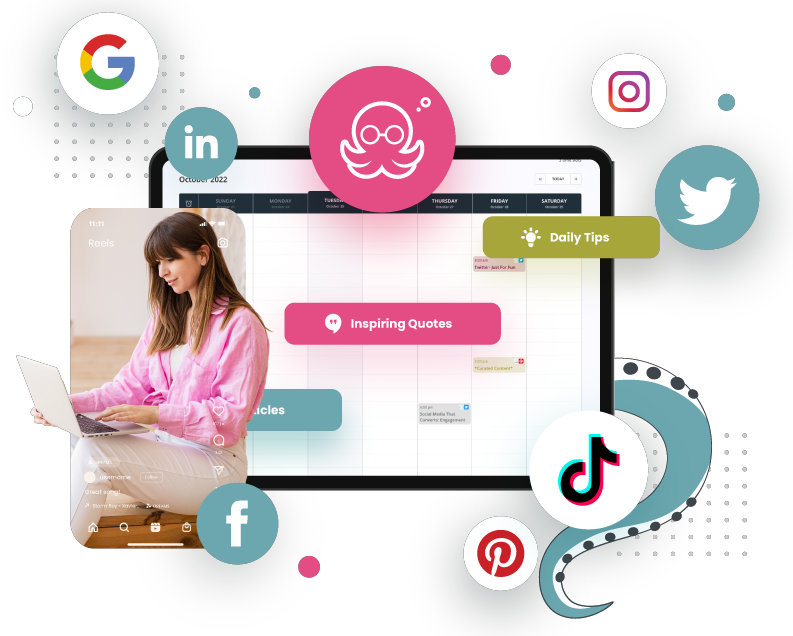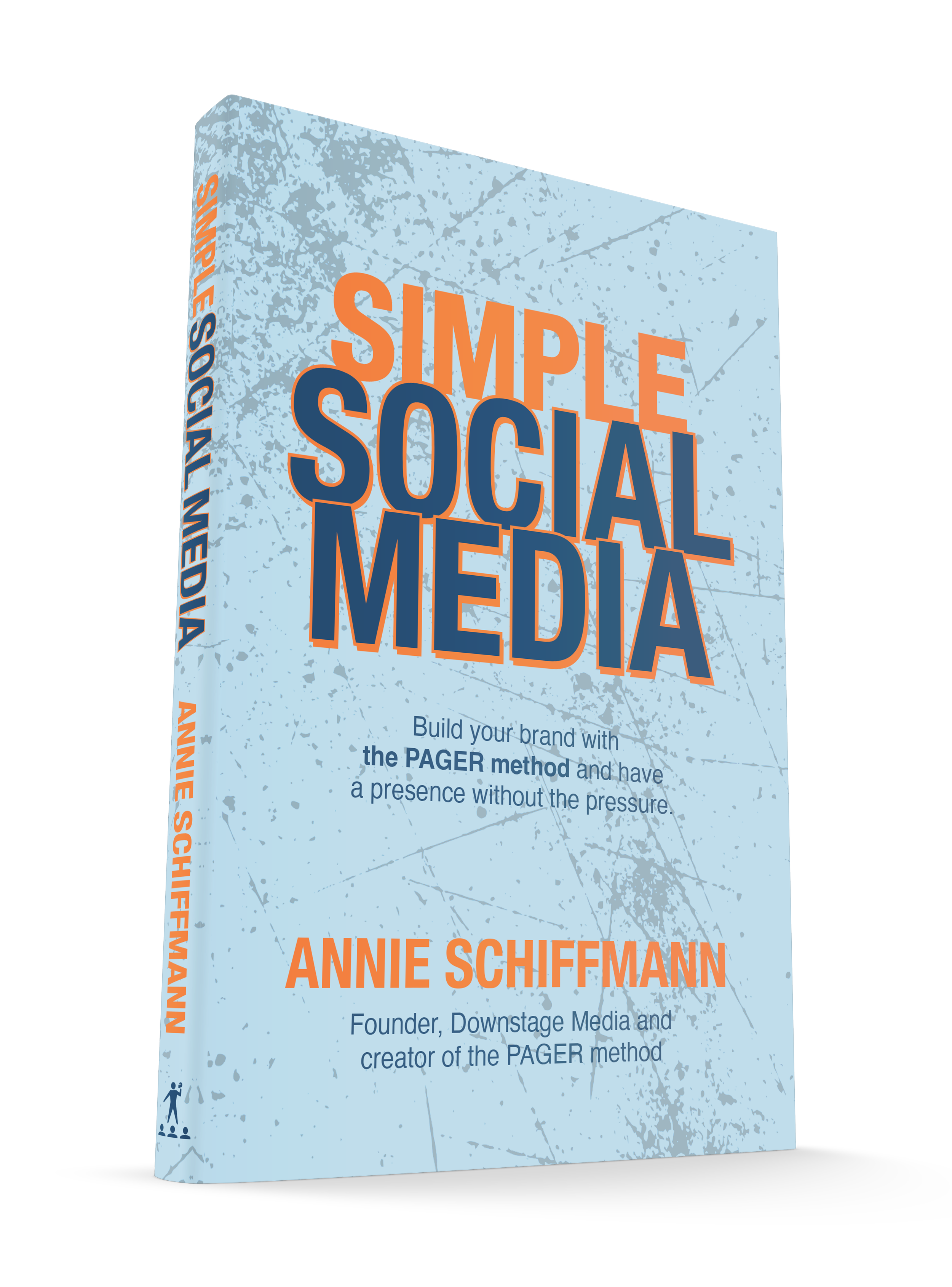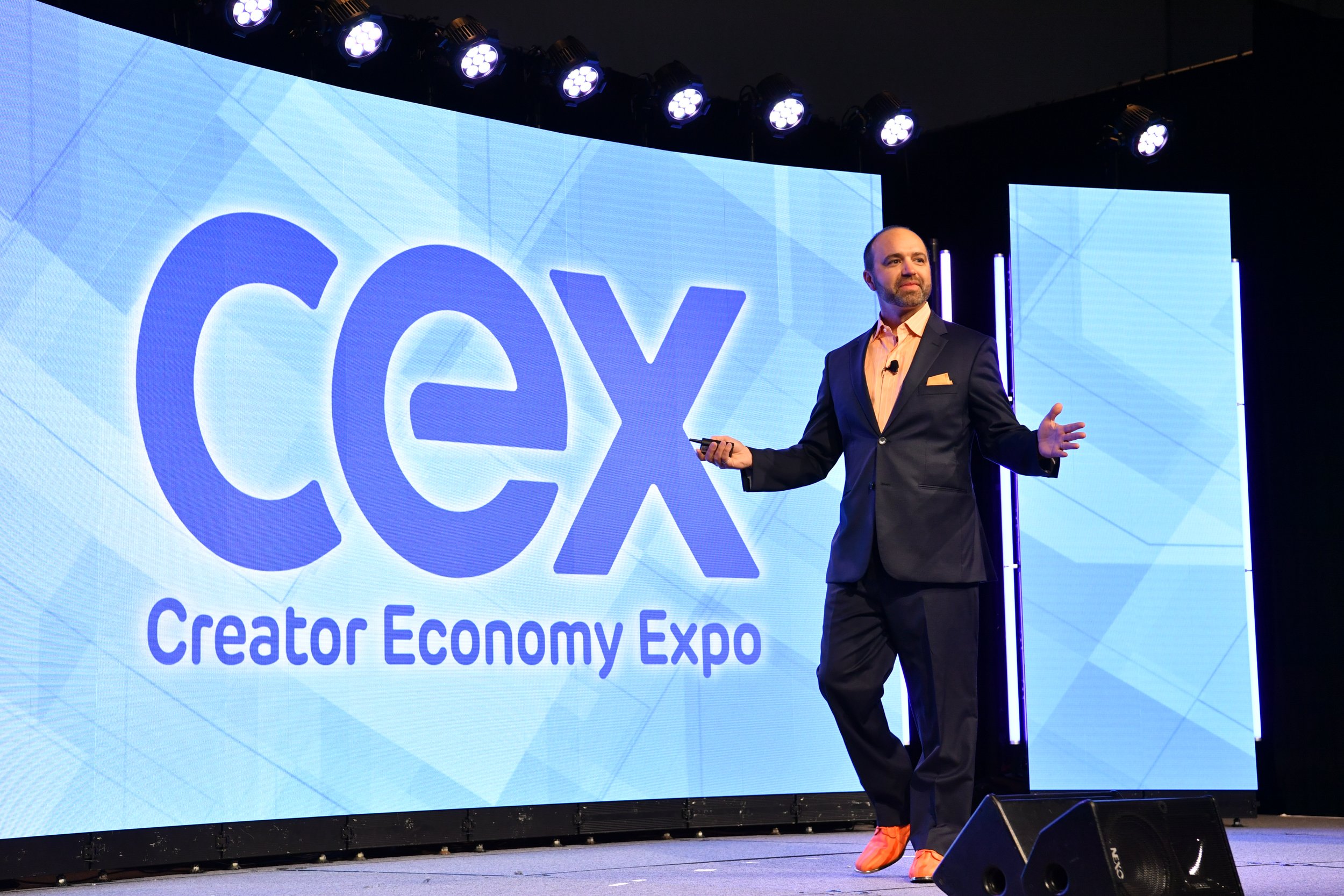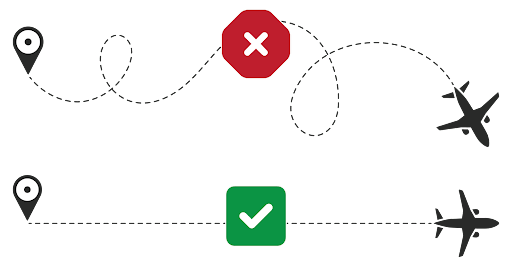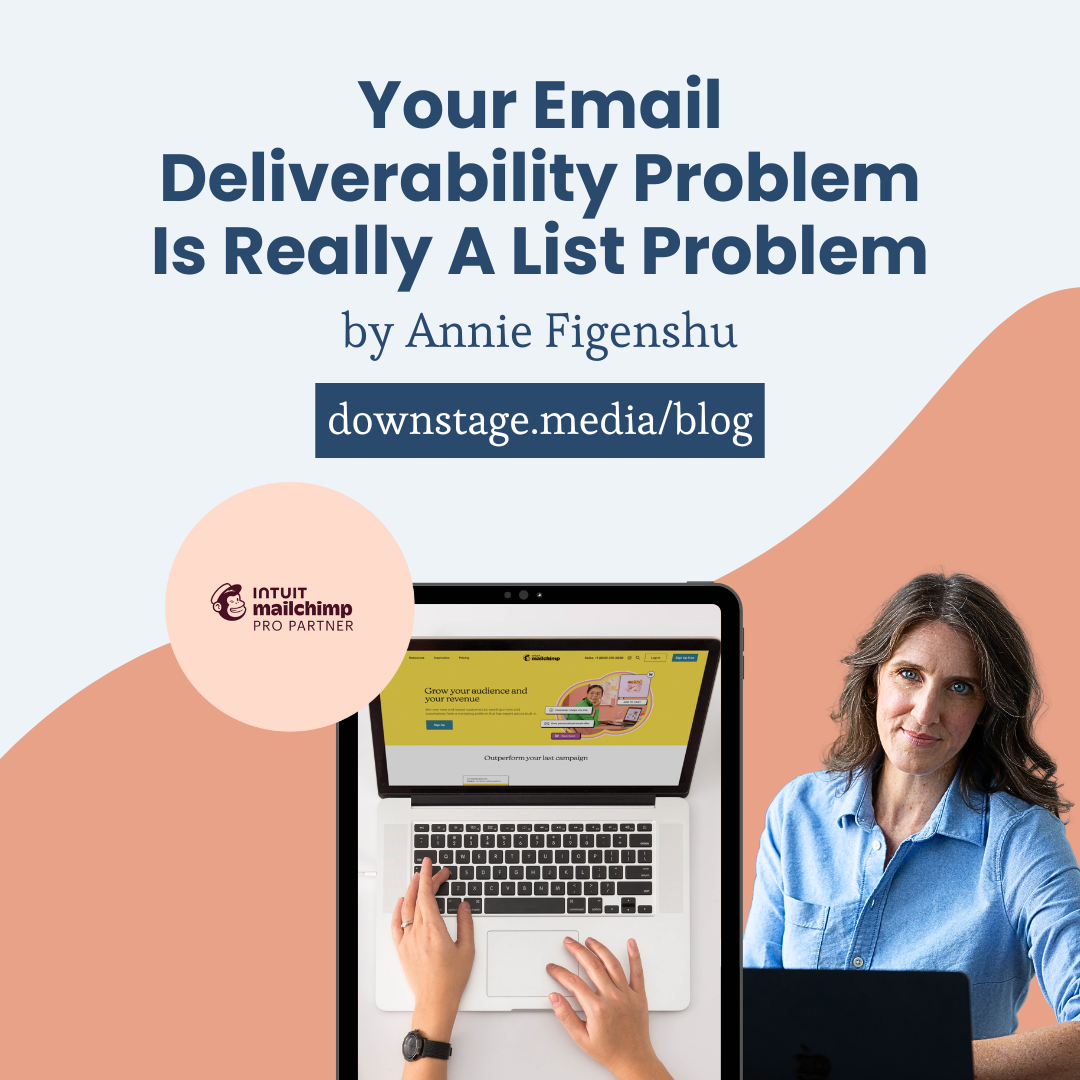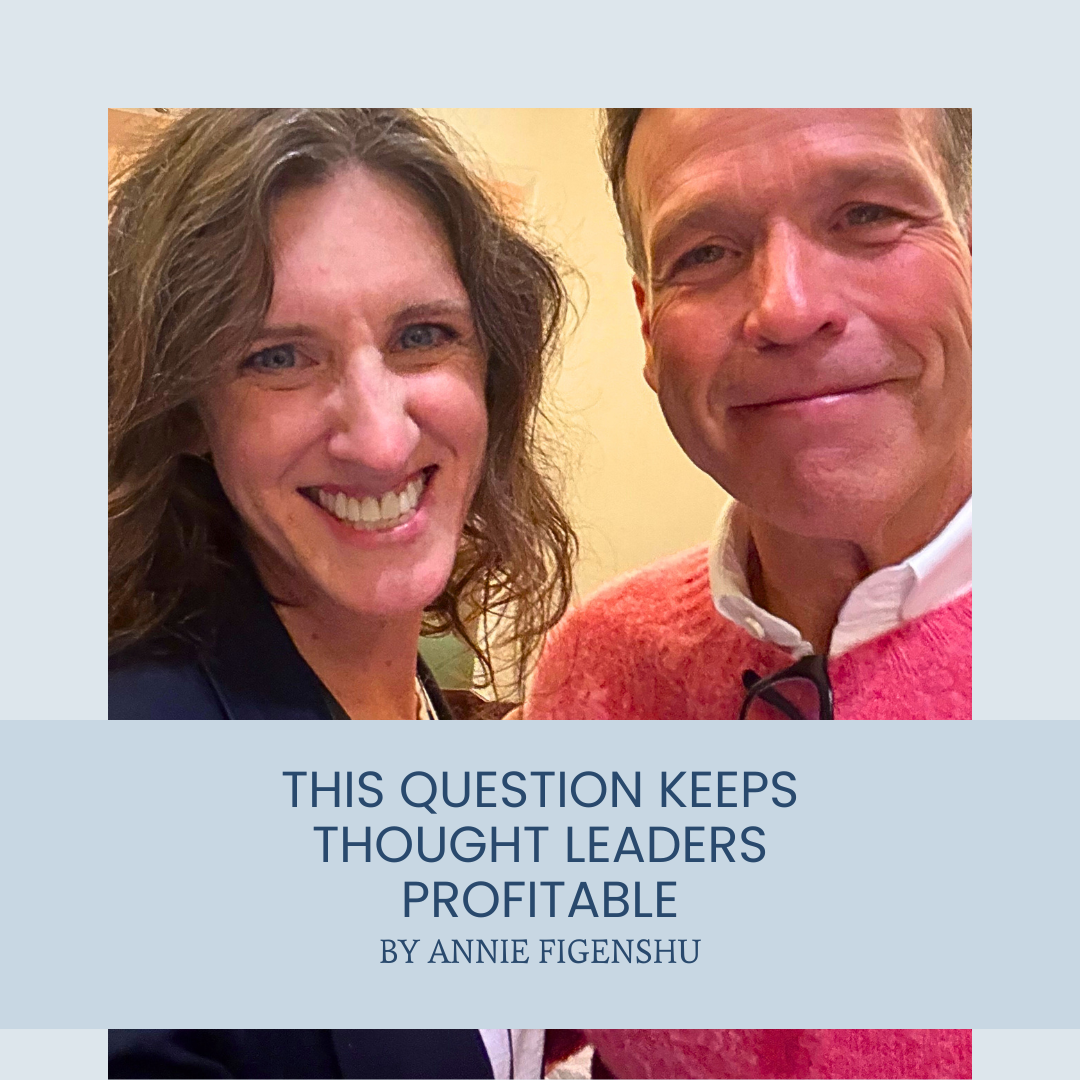Why Taking Action After a Conference Is Key
Why Taking Action After a Conference Is Key
by Annie Figenshu
You’ve just wrapped up an inspiring retreat or conference, and your mind is racing with new ideas that could transform your business. But here’s the truth—if you don’t take the first two weeks after returning to strategize and implement those insights, all that potential growth will fizzle out. In this post, we’ll explore why it’s crucial to clear time on your calendar, talk through your ideas with someone, and take action immediately to turn inspiration into lasting success.
Why Great Ideas From Conferences Get Lost.
What Happens If You Don’t Implement Quickly?
3 Simple Steps to Act on Your Post-Event Ideas
What a Post-Event Strategy Session Can Look Like
Turning Ideas Into Reality
“If you don’t take the first two weeks after a conference to strategize and implement, the ideas that were sparked will fizzle out.”
Why Great Ideas From Events Get Lost
The Post-Event Challenge
After returning from a retreat or conference, you’re probably filled with excitement and fresh strategies. Many times those ideas will involved new products or services that you could offer. Or you learn a new way to market what you’re already offering.
It’s easy to slip back into your routine and let those ideas fade, though. They just become a whole bunch of scribbles on a swag notebook. The problem is that without immediate action, all the momentum you’ve gained can vanish. You’re left feeling like the trip was motivating, but not going to change your business. So you go back to your old ways of grinding it out, and marketing your services like you’ve always done.
I get it. It’s hard to work those new ideas into your day to day. At Downstage Media, we know how to turn post-event inspiration into real action. I’ve helped service-based businesses transform those initial sparks into strategies that drive growth.
For example, a client I coached after the StoryBrand Marketing Livestream used his BrandScript on a sales call and landed a £100,000 client.
With frameworks like StoryBrand and tools like Mailchimp we take your sparks of inspiration, and help you marketing them. We make sure that they are connect to a marketing strategy that makes sense for your audience. You attended the conference to grow your business. So let’s work together to generate tangible results.
What Happens If You Don’t Implement Quickly?
If you let too much time pass after the event you attend, the ideas and insights start to fading - and probably faster than you think. This decline in retention is explained by the forgetting curve, a theory developed by psychologist Hermann Ebbinghaus. The forgetting curve shows that without reinforcement, we forget up to 75% of newly learned information within just a few days. The longer you wait to act on what you’ve learned, the less effective your implementation will be because you’re likely to lose key details and momentum.
Businesses that implement their strategies within two weeks of a conference are more likely to retain that initial inspiration and see better long-term results. The excitement and energy from the event are fresh, so by acting quickly, you capitalize on the ideas while they’re still top of mind. Plus, consistently reviewing your notes and the recordings from the event during this critical window helps those insights stick. When they stick, they can make a meaningful impact on your business.
3 Simple Steps to Act on Your Post-Event Ideas
Step 1: Block Time Before You Go
Before you even attend the retreat or conference, clear the first day back in the office from your online calendar. You don’t want any client or sales calls on this day. When you come back, you’ll thank yourself for having some time to rethink elements of your business.
Step 2: Talk It Through
Your head will be buzzing with ideas, and sometimes it’s hard to know where to start. Before the ideas start to feel overwhelming, schedule a time to talk them through with someone—whether it’s a coach, a strategist, or a team member. Getting those thoughts out of your head can help you prioritize and organize them into a clear, actionable plan.
Tip: Schedule this before you go so it’s waiting on your calendar when you get back.
Step 3: Take Action Right Away
Once you’ve organized your thoughts and created a plan, don’t wait. Start implementing in those first two weeks. Even if you didn’t attend a marketing conference, think about how you are going to market yourself differently because of what you’ve learned.
“If you don’t take the first two weeks after a conference to strategize and implement, the ideas that were sparked will fizzle out.”
Whether it’s setting up a new email campaign, updating your messaging, or refining your sales funnel, early action leads to better long-term results. Consistent implementation is key to making sure the ideas don’t fizzle out.
What a Post-Event Strategy Session Can Look Like
A post-event consultation would typically include several key components to help service-based business owners implement the strategies and ideas they gathered from a retreat or conference. Here's what it would likely cover:
1. Debriefing and Review
Discuss Event Insights:
A review of the most important takeaways and insights from the event. The focus here is on clarifying what resonated and what can be applied now.
Prioritize Ideas:
Not every idea needs immediate action. Sort through the top takeaways, identify quick wins, and choose the most impactful strategies.
2. Personalized Marketing Strategy
Clarify Messaging:
Using the StoryBrand framework, you will come up with a basic strategy for any new initiatives or products inspired by the event
Marketing Tactics:
Discuss which marketing tactics (email campaigns, social media strategies, etc.) are most relevant based on your goals. This might include creating automated email campaigns, improving lead generation, or refining a sales funnel.
3. Implementation Plan
Timeline for Action:
Develop a step-by-step action plan with realistic timelines for implementing the prioritized strategies, so you leave the consultation with a clear roadmap.
Accountability:
Establish follow-up milestones or checkpoints so you stay on track with your post-event implementation.
4. Tools
Tools to Support Implementation:
Recommend marketing tools or software (like Mailchimp for automation, or content scheduling platforms) that will help streamline the implementation process.
5. Q&A and Feedback
Answer Questions:
Provide expert feedback on any areas where the client might feel uncertain about applying their new knowledge.
Next Steps:
Outline what the client should do immediately after the consultation to begin executing the strategy.
This post-event consultation makes sure that the time and effort spent attending the retreat or conference result in tangible actions that grow your business.
Turning Ideas Into Reality
Think of how great it would be to still benefit from a conference you attended months ago. All of the time and money put into getting to the event will be well spent because you took action. Your marketing is running smoothly, you’re seeing increased engagement, and you’re positioned for long-term success—all because you dedicated time to post-event implementation.
Ready to turn your post-event inspiration into a marketing strategy that works? Schedule a call today and we’ll help you create a clear plan to implement your ideas and ensure nothing falls through the cracks.
Let’s turn your post-event ideas into action! Schedule a Post-Event Strategy Session.
